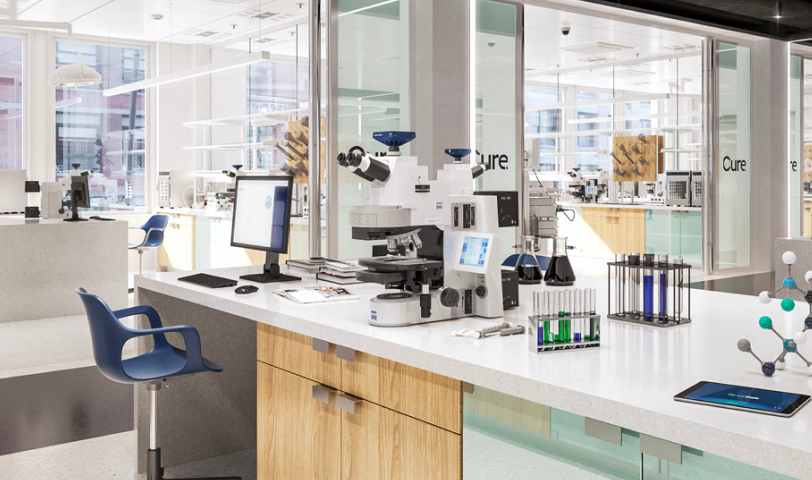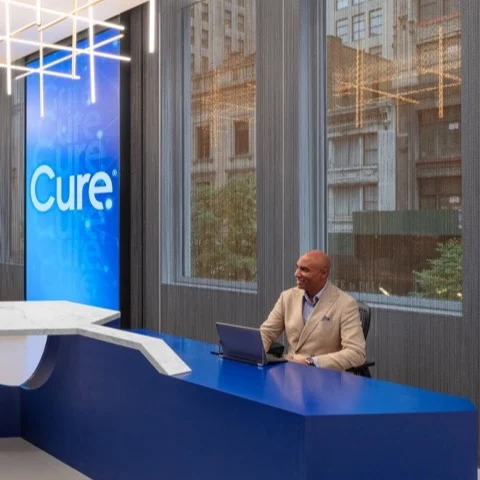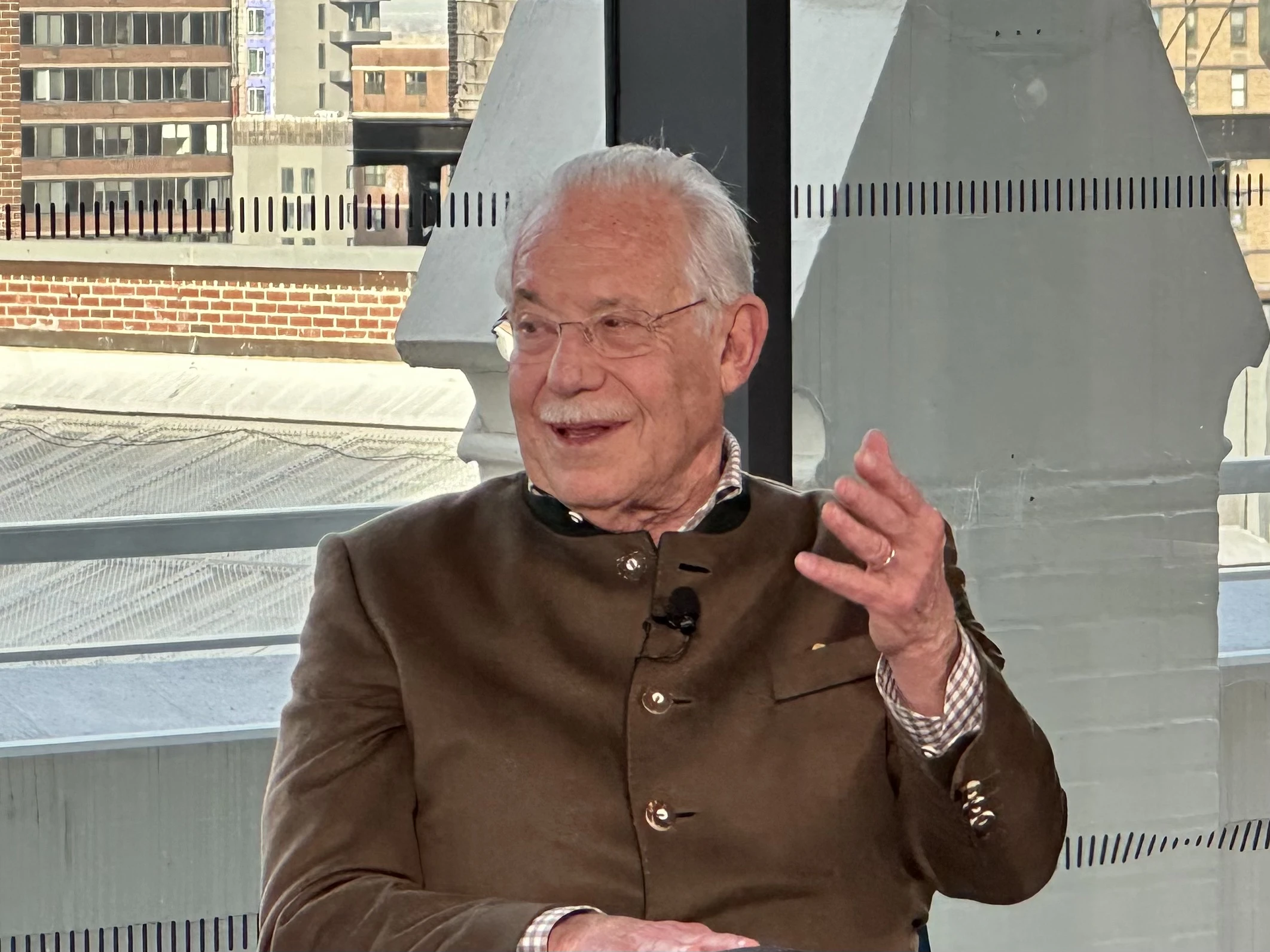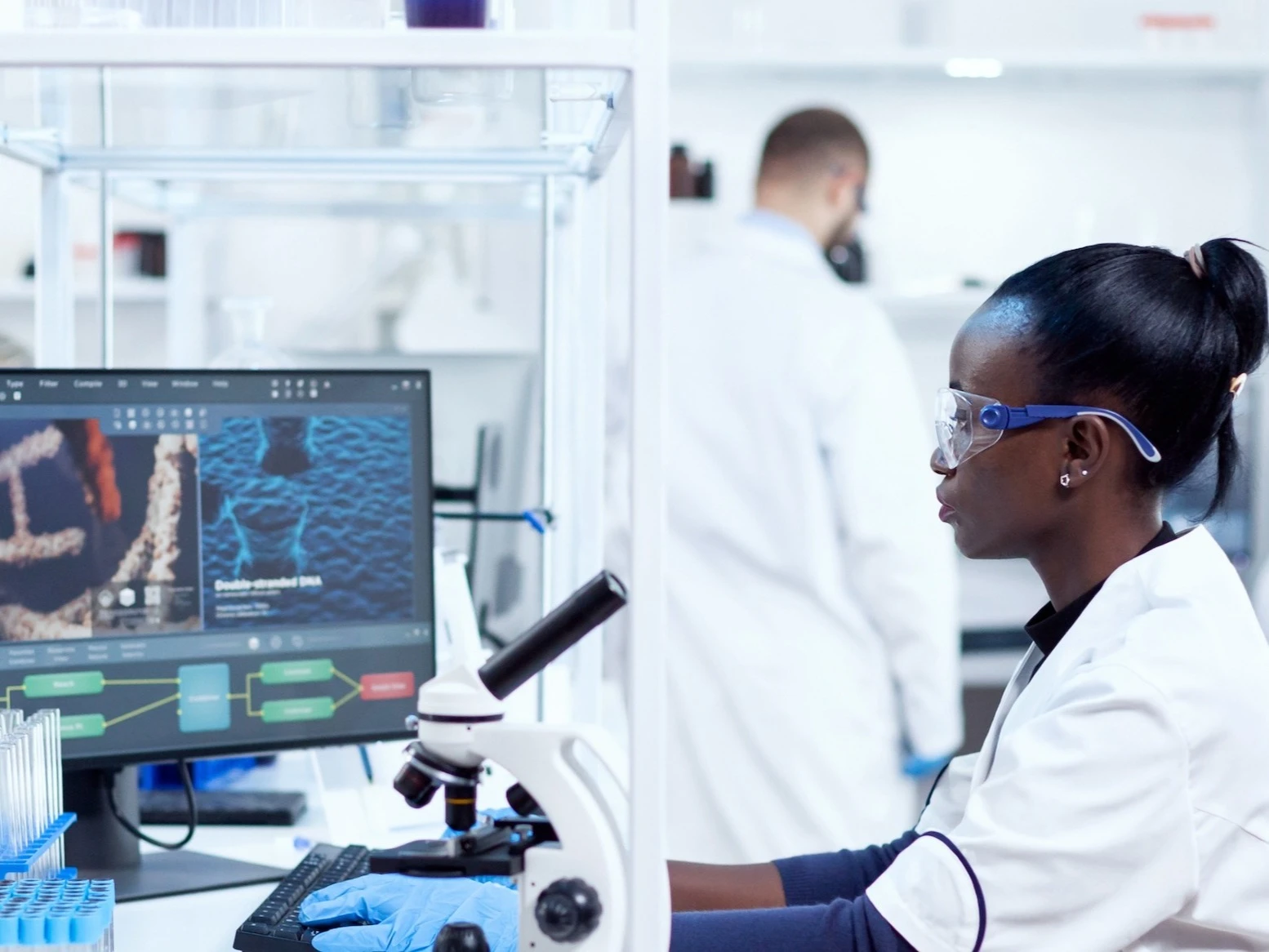August 23, 2024
Article
Spotlight on XSeed Award Finalist: Jahanara Ali, PhD, Chief Business Officer, NomoCan Pharmaceuticals

Overview
Jahanara Ali, PhD, of NomoCan Pharmaceuticals, is developing a first-in-class monoclonal antibody to treat patients with the blood cancer acute myeloid leukemia (AML), but it may have applications for solid tumor cancers.
Developing first-in-class monoclonal antibody aimed at acute myeloid leukemia
Jahanara Ali, PhD, leads a team of investigators based at NomoCan Pharmaceuticals that is a XSeed Award Finalist for work to develop first-in-class monoclonal antibody to treat patients with the blood cancer acute myeloid leukemia (AML) or several common cancers that involve solid tumors. Ali is the Chief Business Officer at NomoCan, which is based at the New York Blood Center Incubator.
The XSeed Award provides critical funding to translate scientific discoveries into commercially successful drug therapies. The 2024 XSeed awards will provide two winning teams up to $250,000 for New York City minority- and women-led life science and healthcare startups working on novel drug development projects. The winners will be announced in September 2024.
This conversation has been edited for length and clarity.
Cure: What is the new compound and what is its target?
Jahanara Ali: It is a monoclonal antibody called NMC-521, and it targets a cancer-specific variant of the MDM2 protein. MDM2 is a well-known cancer target that plays a critical role in mediating the development of a number of tumor types.
MDM2 is involved in the breakdown of p53, an important tumor suppressor protein. The antibody we discovered targets an isoform of MDM2 located on the cell surface and only in cancer cells. We are initially testing NMC-521 against acute myelogenous leukemia (AML), a rapidly progressing cancer of the blood and bone marrow.
Cure: How does your antibody differ from other MDM2-targeting drug candidates that have been investigated?
Ali: Several other companies have tried to inhibit the interaction between MDM2 and p53 as a treatment for cancer but have failed. MDM2 is made in both normal and cancer cells, so those investigational treatments have had a high level of toxicity for patients in clinical trials. In addition, MDM2 and p53 interact inside the cell.
Whereas most companies developed small molecules to get inside cancer cells to target MDM2, we designed our antibody to bind to its cancer-specific variant on the cell surface. We hope this means it will have fewer side effects since this target is not found on normal, noncancerous cells.
Cure: What have you learned so far about NMC-521 from your laboratory studies?
Ali: We have completed our proof-of-concept studies. We have learned that the NMC-521 antibody binds directly to its target in various solid and liquid tumors. It can inhibit metastasis and activates a robust antitumor immune response. It is highly effective against tumors from patients and mouse models of AML, as well as colorectal, pancreatic, lung, breast, ovarian and other cancers. In addition, mouse studies show that NMC-521 synergizes with some immunotherapies to kill up to 85 percent of cancer cells. Its immune-boosting effects are due to the activation of natural killer cells, a type of white blood cell that can destroy diseased cells. We presented our data at the American Association for Cancer Research 2024 annual meeting.
Cure: Why did you choose to focus your initial studies on AML?
Ali: Although the variant of MDM2 that NMC-521 targets is present on many cancers, we chose to start focusing on AML — a cancer with a high unmet medical need — because it is a challenging indication. Patients with AML are totally underserved by current standard therapies. If the NMC-521 antibody works against this cancer, we may be able to raise funds more easily to assess it for treating other cancers.
Cure: What are the next steps for the development of this antibody?
Ali: We have been really excited by our findings. We hope to assess the likelihood that the antibody can become a safe and effective drug that can be manufactured at scale. We would like to move it from the laboratory into studies that will enable us to eventually do clinical trials in patients.







